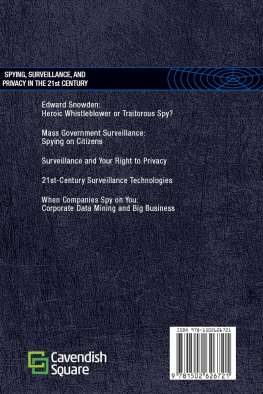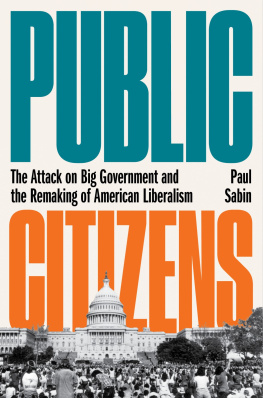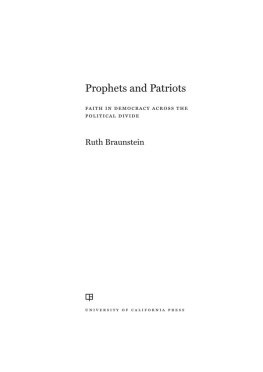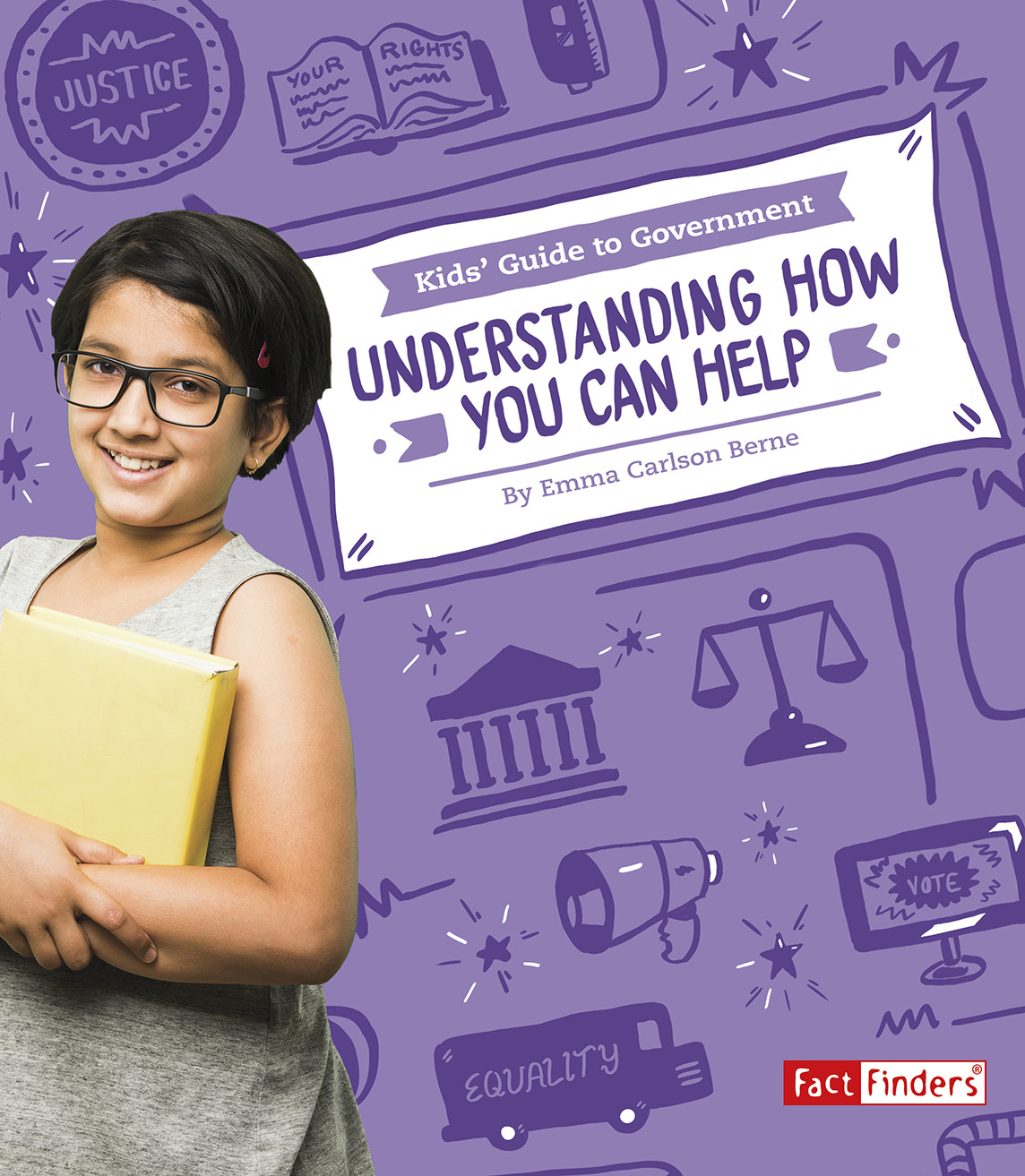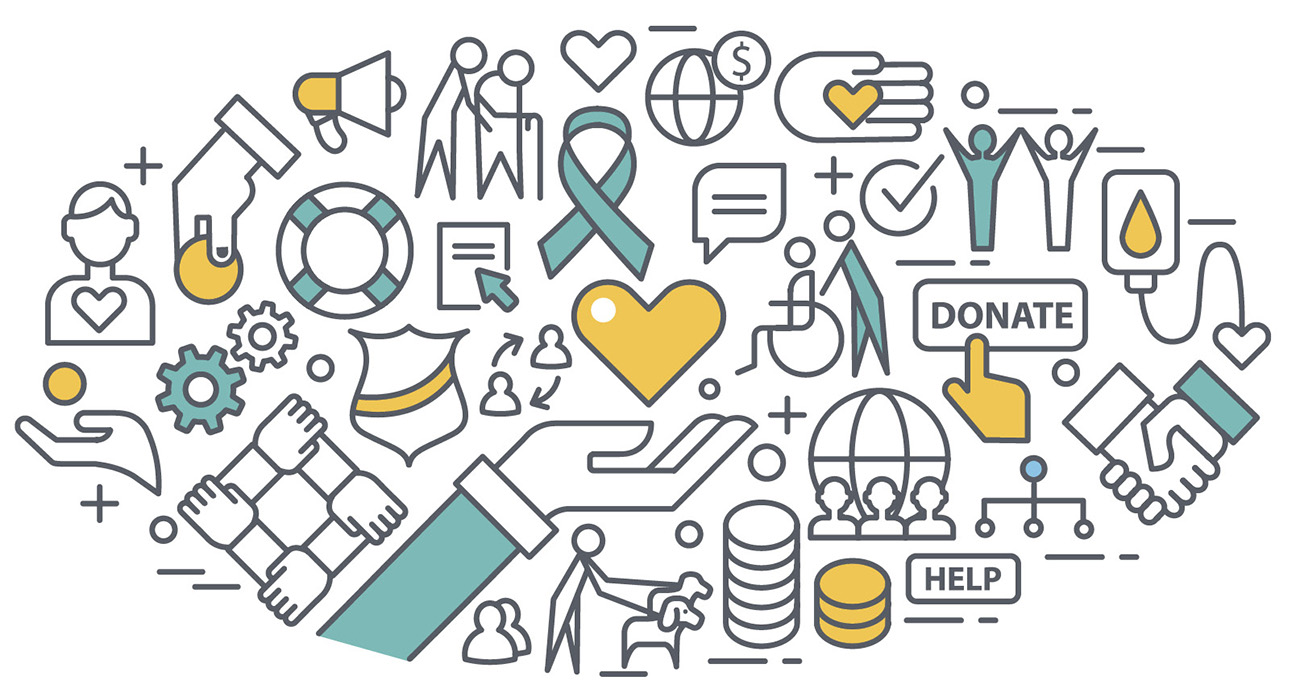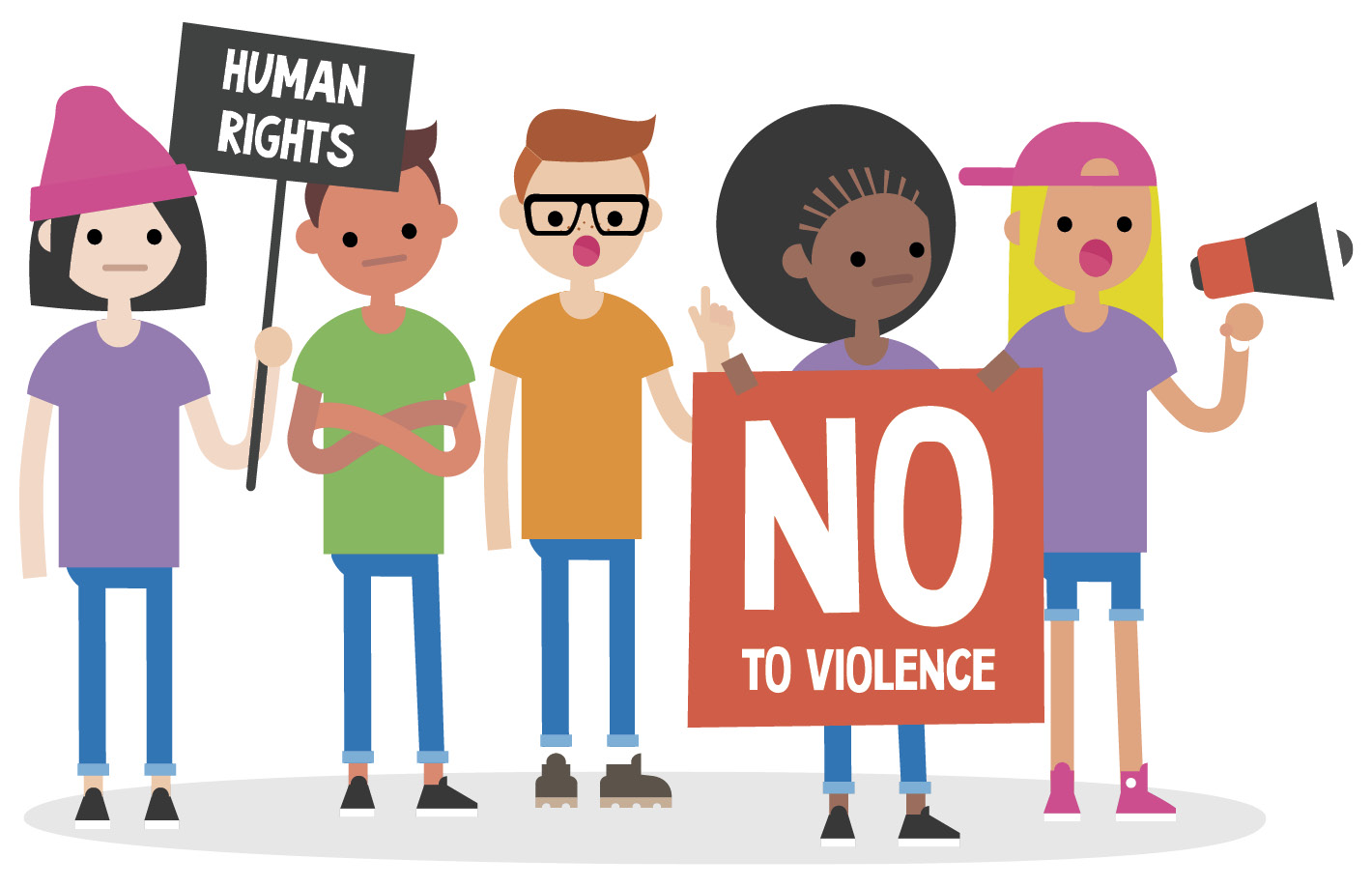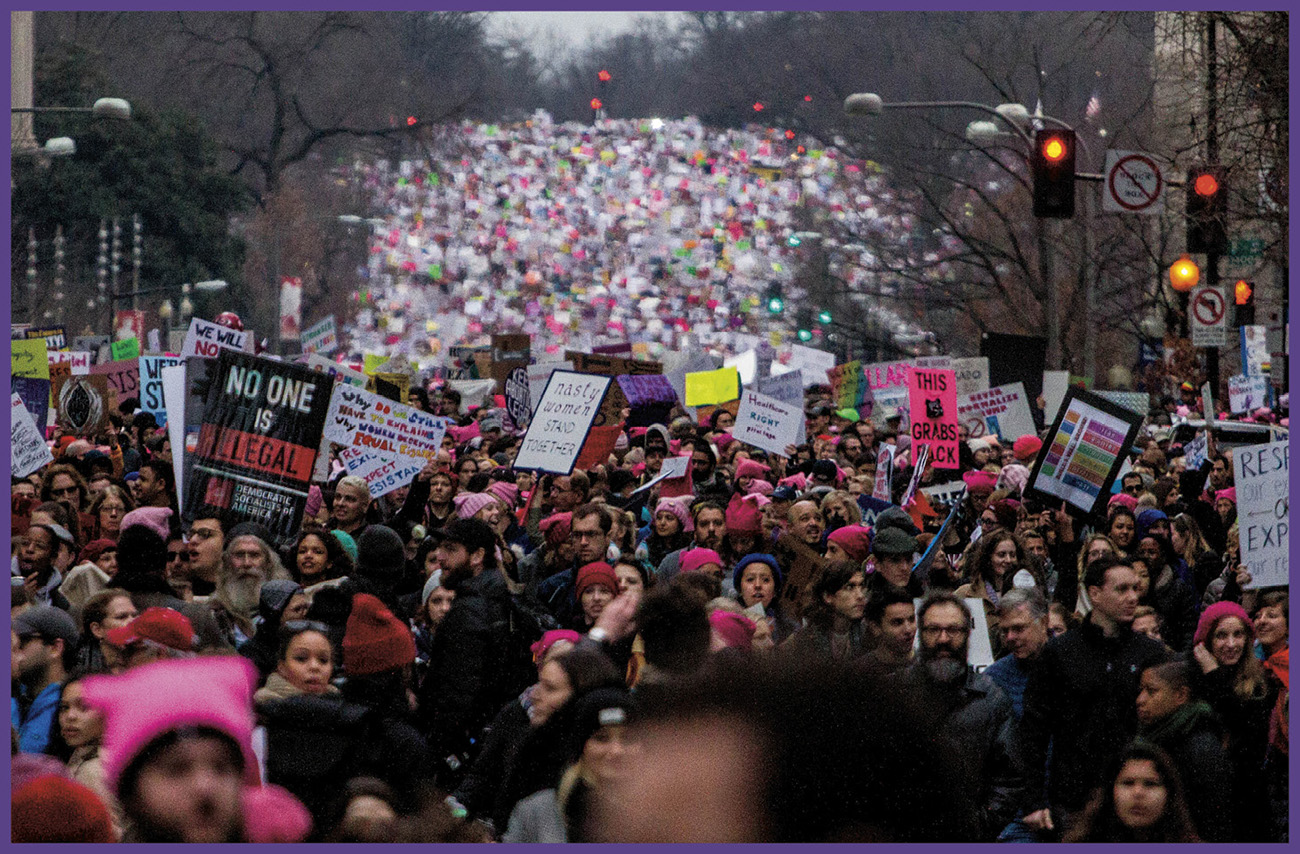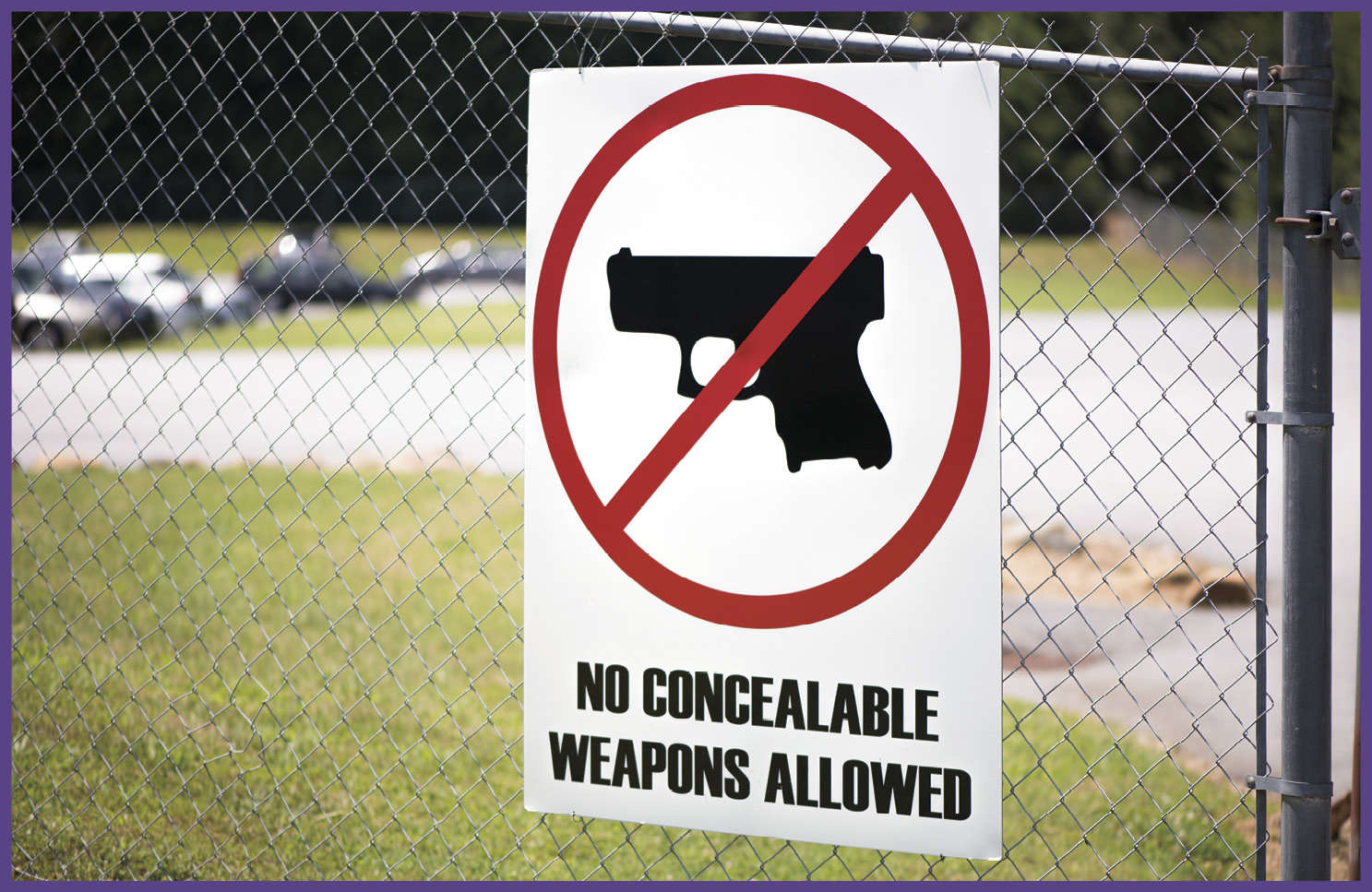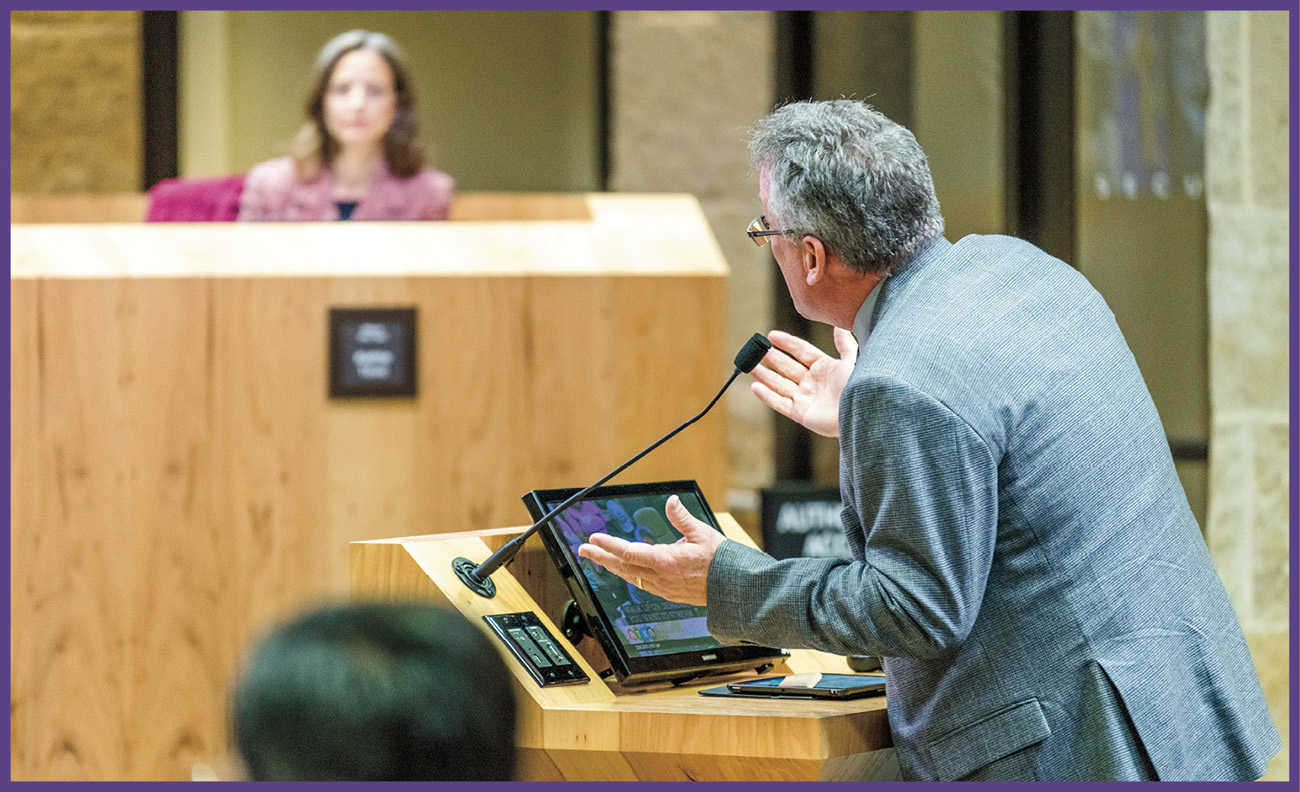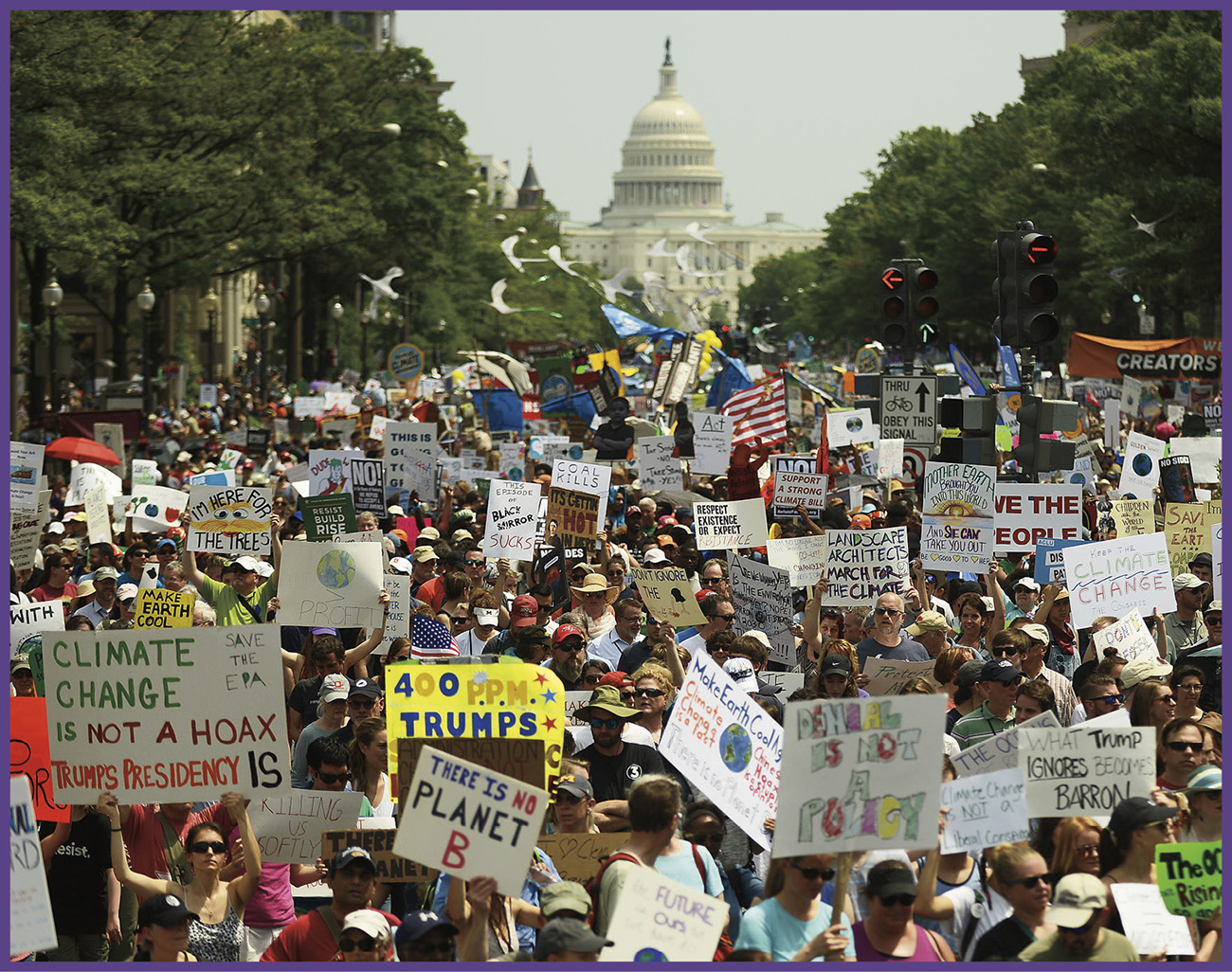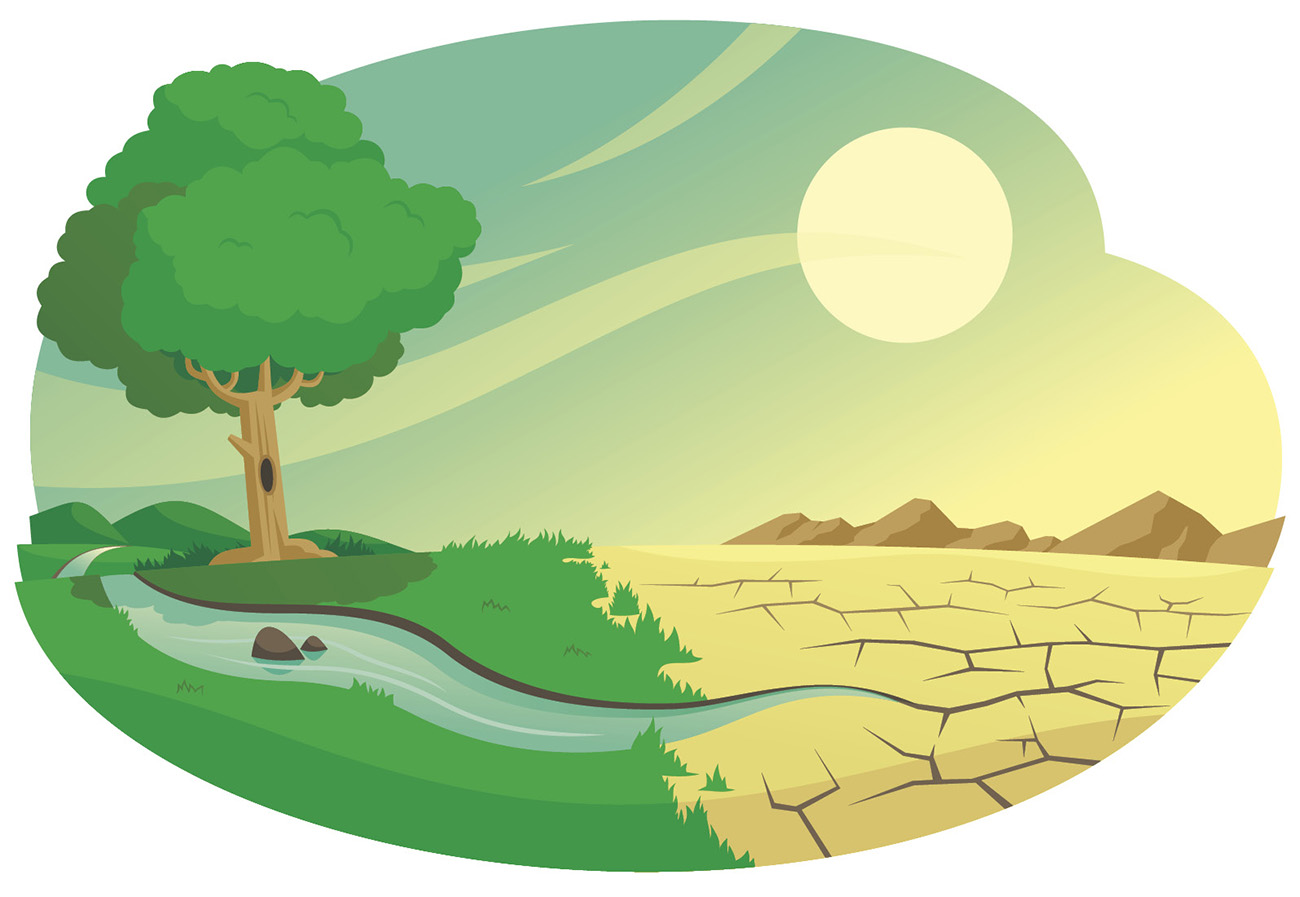Chapter 1
Civic Duty and Civic Responsibility
What do supporting a a policy you dont agree with, and voting in the next presidential election all have in common? These are ways that citizens can get involved in local and federal government.
Participating in our government is an important part of living in a . In democracies the people elect officials, such as mayors, governors, senators, and the president. Officials are expected to make laws and govern in ways that benefit the people they represent.
People can get involved in government in different ways. One way is to perform your civic duty. Civic duties are things that people have to do, such as paying taxes and obeying the laws. If you dont perform your civic duties you could face punishments, such as fines or criminal charges.
FACT
A democracy is not the only form of government. In some countries, people are not permitted to speak out against or question their leaders. Often they are not able to vote for their leaders. If they can vote, there may only be one candidate.
Another way to get involved is to perform your a business, and running for city council are all examples of civic responsibilities.
FACT
Civic responsibility is also called civic engagement.
Whats the Difference?
It can be hard to tell the difference between civic duties and civic responsibilities. Duties are required. Responsibilities are voluntary.
Civic Duties
- serving on a jury
- paying your taxes
- obeying the police and other law enforcement officers
- following the laws
Civic Responsibilities
- voting
- serving on committees and boards in your community
- picking up litter in your local park
- volunteering at an animal shelter
Chapter 2
Civic Responsibility in Action
Speaking out about something you believe in or disagree with is an important civic responsibility. The U.S. Constitution protects your right to disagree with elected officials. Speaking out shows officials how you feel about their decisions in government.
There are many ways to speak out. You can write to or call your elected representative and share your opinion. Sometimes people will organize letter-writing campaigns about an issue such as gun control or health care.
People will then send the letters to a government official or officials at the same time. This shows that many people care about the same issue. You can also attend meetings organized by your representative, such as city council meetings. Many of these meetings are open to the public.
You also can march with others to support or protest an important issue. For example, almost 5 million people marched in cities around the world to support womens rights during the Womens March in 2017. These people didnt have to get involved. They chose to because they wanted to show their support for womens rights.
People marched in Washington, D.C., during the Womens March.
Standing Up in Ohio
that would allow people with concealed-carry gun licenses to bring guns into city buildings. The council voted without hearing from people in the community.
Many people were angry when they heard about the resolution. They didnt want guns allowed in public buildings. Since the people elected the city council members, they felt its members needed to make decisions that reflected what the people wanted.
At the next civic responsibility to speak out on an issue that mattered to them.
A citizen attended a meeting at City Hall in Austin, Texas.
The Kids of Climate Change
Its important to question our leaders no matter how old you are. Dont be afraid to speak up and use the court system when you see injustice around you. In 2016, 21 children and teenagers from around the country filed a lawsuit against the federal government. The suit claims that the government has not protected future generations from the effects of climate change.
On April 29, 2017, people in Washington, D.C., protested the governments environmental policies. They marched from the U.S. Capitol to the White House.
Climate change is a change in Earths normal weather patterns. The children argue that because of the governments inaction, they could experience dangerous environmental changes in their lifetimes, such as rising sea levels, toxic water and rain, and violent storms.
Chapter 3
Civic Responsibility Champions
Susanna Salter
Susanna Salter was to be mayor of Argonia, Kansas, in 1887. During this time women were still fighting for their right to vote across the country. Women in Kansas had been granted voting rights for city elections weeks before Salters election. Salter accepted the nomination, and she won! On April 4, 1887, Salter became the first woman to hold elected office in the United States.
Rachel Carson
You dont have to run for public office to get involved in government issues. In 1958 scientist and environmentalist Rachel Carson was studying the effects of a DDT was also dangerous to plants, animals, and people. In 1962 she published her findings in the book Silent Spring. Because of Carsons work, DDT was banned in the United States in 1972.
A plane crew waited in a field to spray barrels of DDT in 1947. The DDT was used to kill flies.




